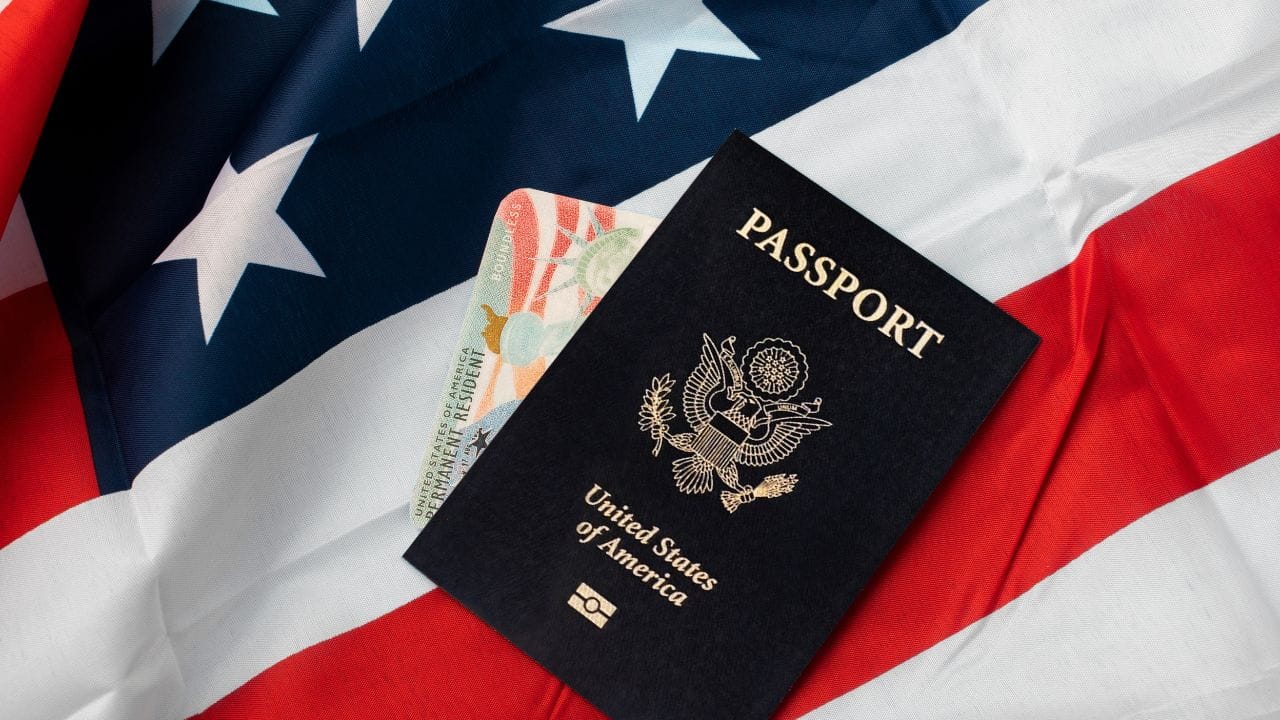US Immigration Reform and Indian Technology Firms: As President Trump begins his second term, there are ripples of both challenge and hope. The strict immigration policies his government had enforced for H-1B visa aspirants in the previous administration made Indian tech firms tread back in the opposite direction while reducing their reliance on these visas and increasing their presence onshore. Below, we analyze what the second term may do to the Indian IT sector, skilled immigration policies, and the business environment in general.
Trump's Return and the Changes for H1-B Visas
In Donald Trump’s first term, there were significant policy changes noticed, especially related to the H-1B visa program, through which Indian IT companies hire their skilled tech talent in the U.S. Now, the annual quota of H-1B visas, capped at 85,000 at present, may witness stricter regulations, with a higher test of eligibility and longer scrutiny periods for granting visa approvals. Experts such as Poorvi Chothani, founder of LawQuest, say that under Republican-led Congress, she expects changes in the Immigration and Nationality Act, perhaps of which will come as strict policies for foreign workers.
The denial rate for H-1B visas went as high as 24% during his first term, and it could shoot up again. Curbing Optional Practical Training (OPT) of international students would also affect Indian students who would love to work in the United States after completing their course.
Indian IT Sector to Cut Dependence on H-1B Visas
Shaji Nair, Sharekhan by BNP Paribas: Lower Impact
Shaji Nair, Sharekhan by BNP Paribas research analyst, says the re-election of Trump may not have much of an effect on the Indian IT industry since businesses of these companies are transforming. By focusing on talent development in the U.S., Indian IT companies have managed to somewhat decouple their business from H-1B clearance. This trend will also help negate the impact of tighter immigration rules.
GCCs and India’s Onshore Talent: The Emerging Force
Global Capability Centers (GCCs) of India-based companies have now become a must-have for U.S. top companies as they offer cost-effective skilled labor solutions in India. “They really provide good quality solutions in tech and business for American companies,” says Yugal Joshi, partner at Everest Group. This trend may neutralize the adverse effects of tightened immigration laws in the second term of Trump.
Another interesting development would be a new relationship in collaboration under the Trump administration with tech visionary Elon Musk, who had been an advocate for highly skilled immigration. Pareekh Jain, CEO of IT consulting firm EIIRTrend, believes that the influence of Musk may mitigate a hard-line stance on highly skilled immigration, especially in the high-tech sector, crucial to U.S. economic growth.
NASSCOM’s Hope for US-India Tech Ties
It appears that the NASSCOM, India’s leading technology trade body, remains hopeful over the bilateral relationship between the U.S. and India. The U.S. happens to be India’s largest market for its $254 billion tech sector, and therefore NASSCOM underscores the role of the tech sector in cementing ties between both nations. According to NASSCOM, the Indian tech services sector adds a value of $80 billion to the U.S. GDP, while American companies use the Indian digital infrastructure for cheaper solutions.
IT Sector Rally: Cautious Optimism Amid Uncertainty
Indian IT shares reacted positively to the win by the Trump presidency. The rally suggests cautious optimism from the sector side, as there is an expectation that India’s IT sector will benefit from the pro-business orientation that the Trump administration exhibits.
Conclusion
Opportunities and challenges for India’s IT sector in the Second Trump Term Indian IT will face challenges and opportunities during his second term of office. He may consider tightening H-1B regulations or immigration laws that may force Indian tech companies to hire more onshore talent and workforce within the United States. However, the deep-standing economic partnership between the U.S. and India, coupled with the advocacy of voices like Elon Musk at a minimum, puts Indian tech firms in an unpredictable American market.
Whether it is a blessing or a curse, Indian IT companies will learn to adjust and continue to support the US tech landscape with innovative solutions and talent.





